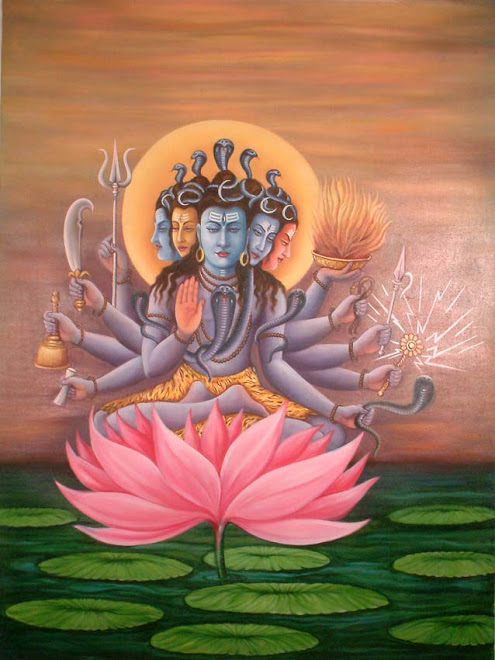In the interests of playing catch-up, I'm going to be unusually brief. I am capable of it, really.
First came What Matters in Jane Austen? by a professor at University College London named John Mullan. The subtitle reads Twenty Crucial Puzzles Solved, but that's rather misleading. It's more like 20 interesting questions you might or might not have thought of as you read and re-read Austen's novels. The 20 chapters are called things like, "How much does age matter?" and "Why is it risky to go to the seaside?" and "Is there any sex in Jane Austen?" (I bet his editor made him put that one in) and "How much money is enough?" They're immensely interesting and entertaining, but only if you really know your Austen. Otherwise it's like hearing all the gossip about a bunch of people you've never met.
I learned many interesting things from the book--although I'm not so sure that any of them are terribly important--but one that I found especially interesting came from the introduction. According to the professor, Austen "introduced free indirect style to English fiction, filtering her plots through the consciousness of her characters." Yet another reason to admire Austen.
 |
| Anne Hathaway as Jane |
He begins the introduction, by the way, by asking, "Did Jane Austen know how good she was?" He believes she did. Virginia Woolf, no slouch of a writer herself, one said of Austen that "of all the great writers she is the most difficult to catch in the act of greatness." Which is, I'm sure, a sign of even greater greatness.
 Although reading What Matters in Jane Austen? made me want to do nothing more than re-read Jane Austen, I refrained, because I simply had to read a new book by a good friend. If I didn't like it, I promised myself, I would simply skip mentioning #21. But I loved it. So you know I'm not fibbing. Harvard Square by Andre Aciman is set in Cambridge in the summer of 1977. The unnamed narrator is a graduate student at Harvard, an Egyptian Jew who has failed his first stab at the comprehensive exams for his doctorate and is fighting to find a place for himself at Harvard, in Cambridge, in America. He meets another, even more recent arrival, a Tunisian cab driver, and they forge an unlikely, complicated friendship. It covers just a few months in their lives, but encompasses much: the confusion of identity, love, longing, and the difficult and often scorching choices we make to belong and to survive. It's a terrific and moving book.
Although reading What Matters in Jane Austen? made me want to do nothing more than re-read Jane Austen, I refrained, because I simply had to read a new book by a good friend. If I didn't like it, I promised myself, I would simply skip mentioning #21. But I loved it. So you know I'm not fibbing. Harvard Square by Andre Aciman is set in Cambridge in the summer of 1977. The unnamed narrator is a graduate student at Harvard, an Egyptian Jew who has failed his first stab at the comprehensive exams for his doctorate and is fighting to find a place for himself at Harvard, in Cambridge, in America. He meets another, even more recent arrival, a Tunisian cab driver, and they forge an unlikely, complicated friendship. It covers just a few months in their lives, but encompasses much: the confusion of identity, love, longing, and the difficult and often scorching choices we make to belong and to survive. It's a terrific and moving book.And now for something completely different to round out the trio: Where'd You Go, Bernadette?" by Maria Semple. I don't want to even begin to tell you what the book is about, because it's such a fast-paced and rollicking ride with so many moments of Really? WTF? that to say anything would ruin some of the fun. There's Microsoft and Antarctica and blackberry bushes and pretentious private schools and green architecture and disappearing moms and, really, enough plot to fill three novels. In fact, about three-quarters of the way through I found myself thinking, Can we stop now? Please? Take a breath?
It's kind of like too much ice cream. It's so good...but maybe you should have stopped eating ten minutes ago. But the book keeps on rollicking and rolling until the very last page, after which, I promise, you will breathe a sigh of half-relief, half-exhaustion. And half-pleasure.
I've never been very good at math.
Coming soon: I baked baguettes! And breakfast pizza! And learned how to poach eggs (finally)! And--surprise--I'm still reading.



No comments:
Post a Comment